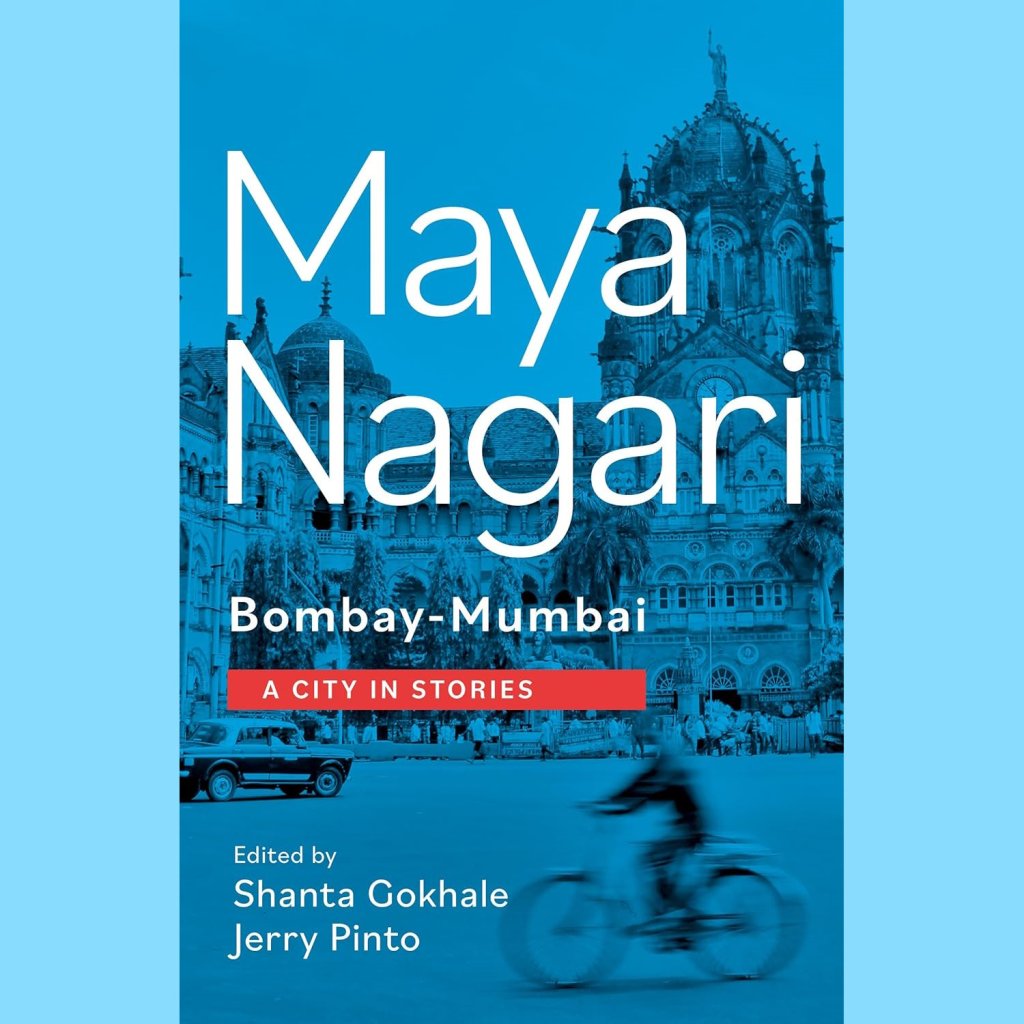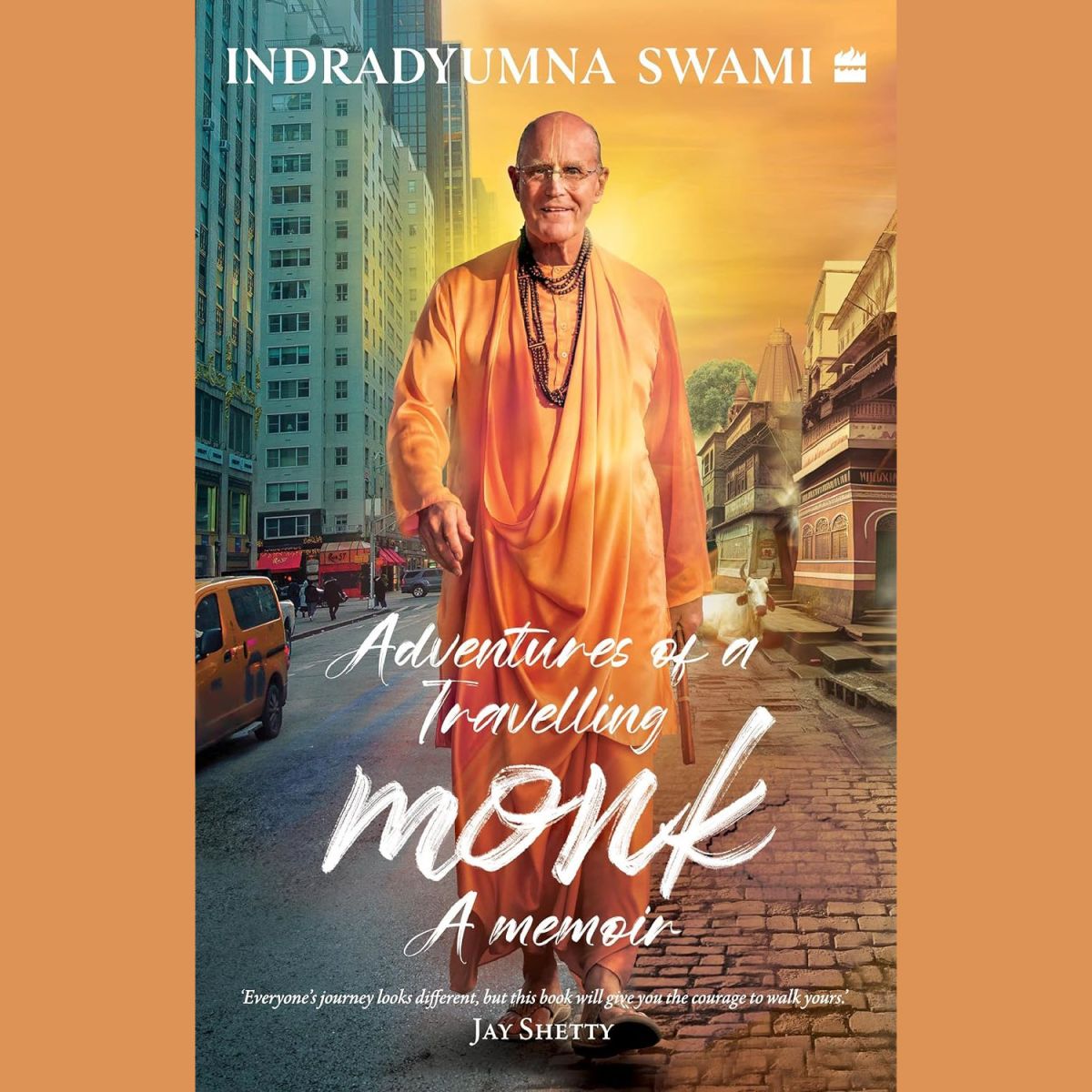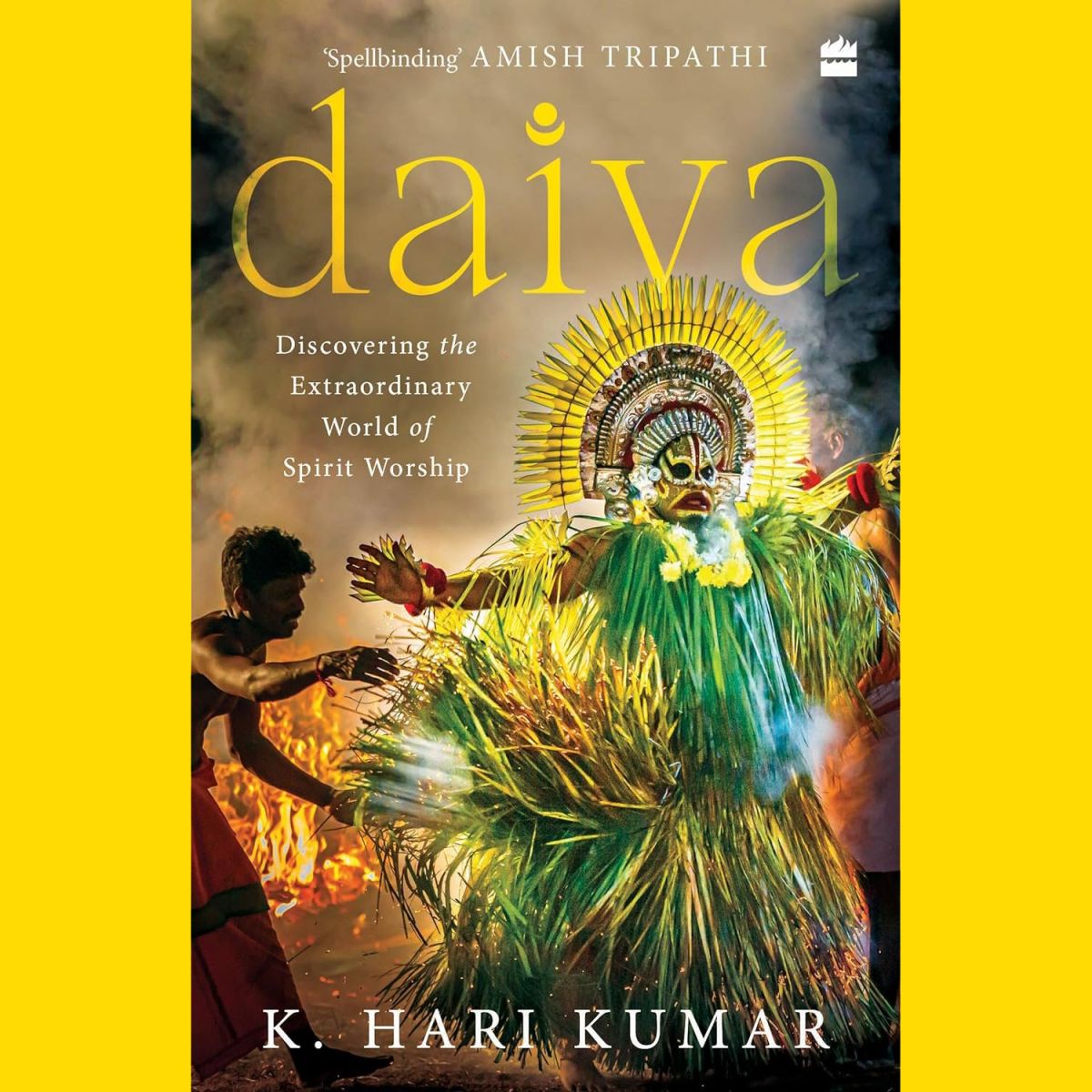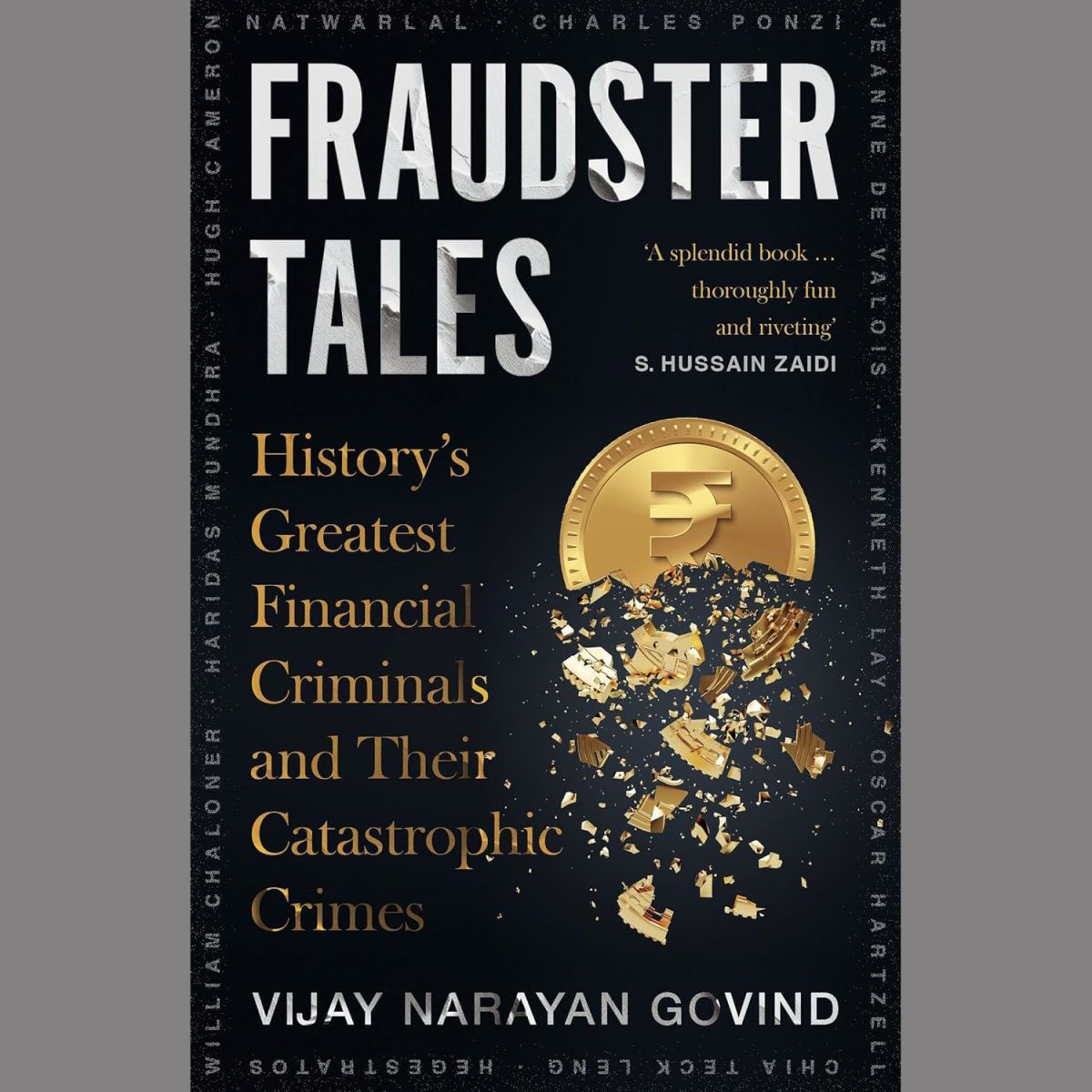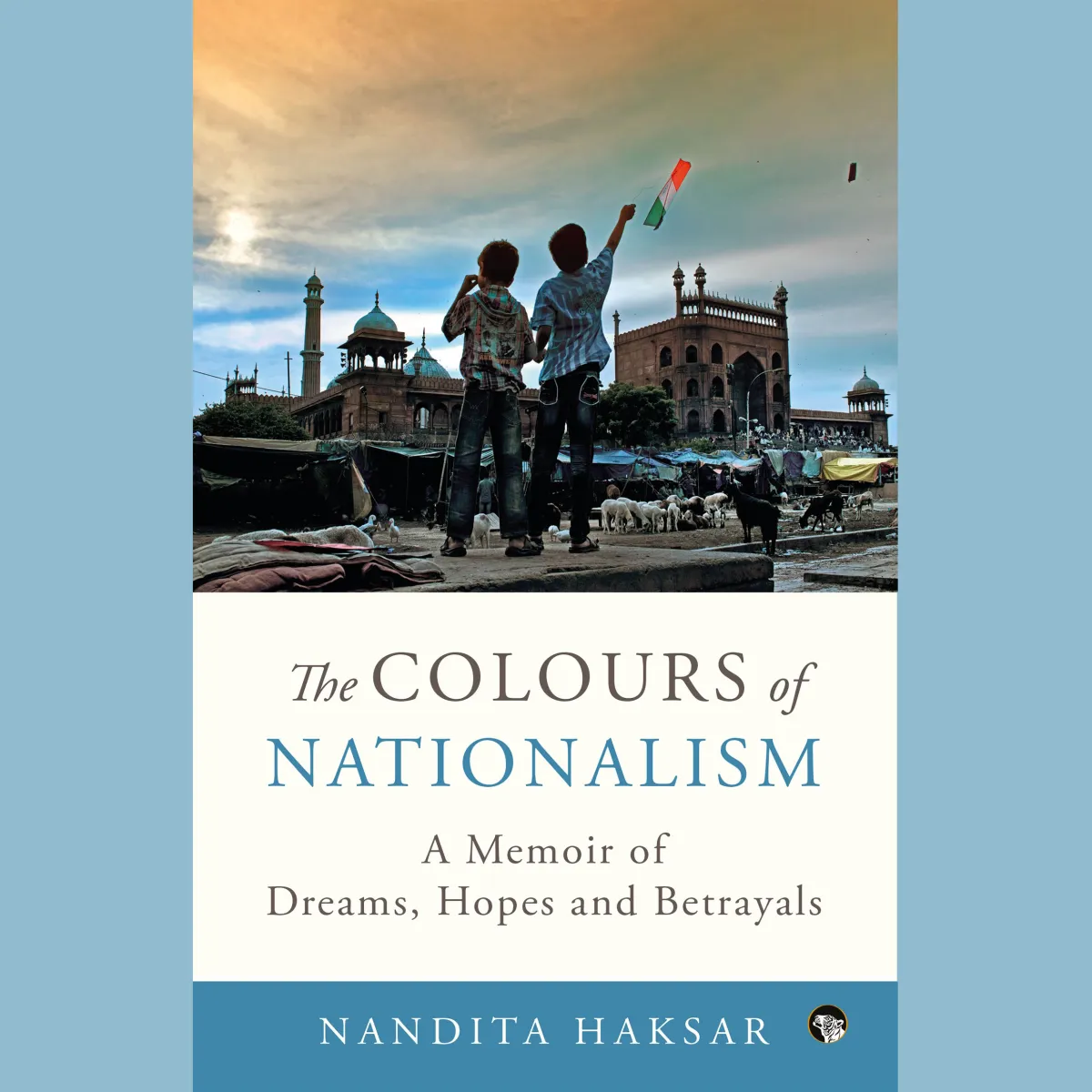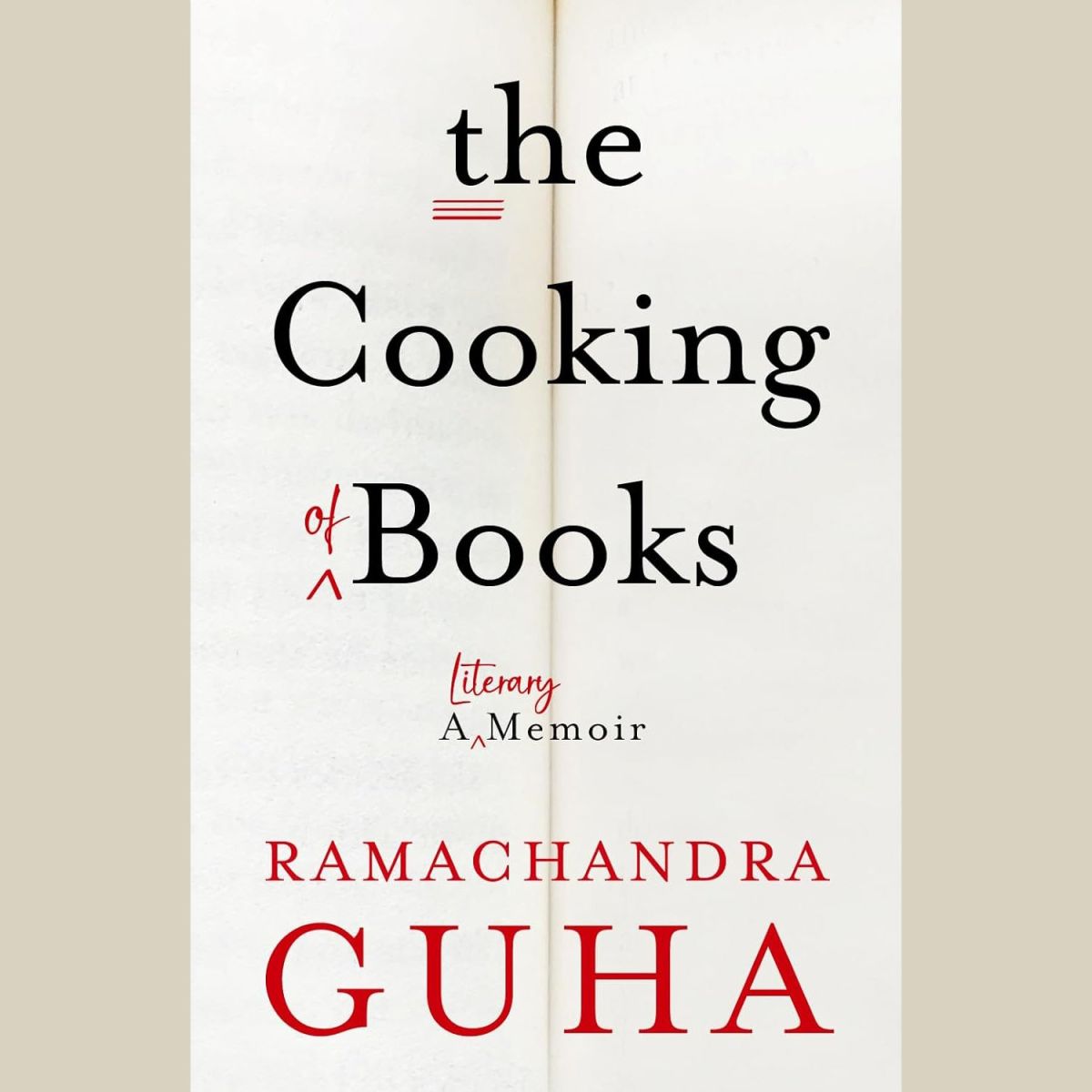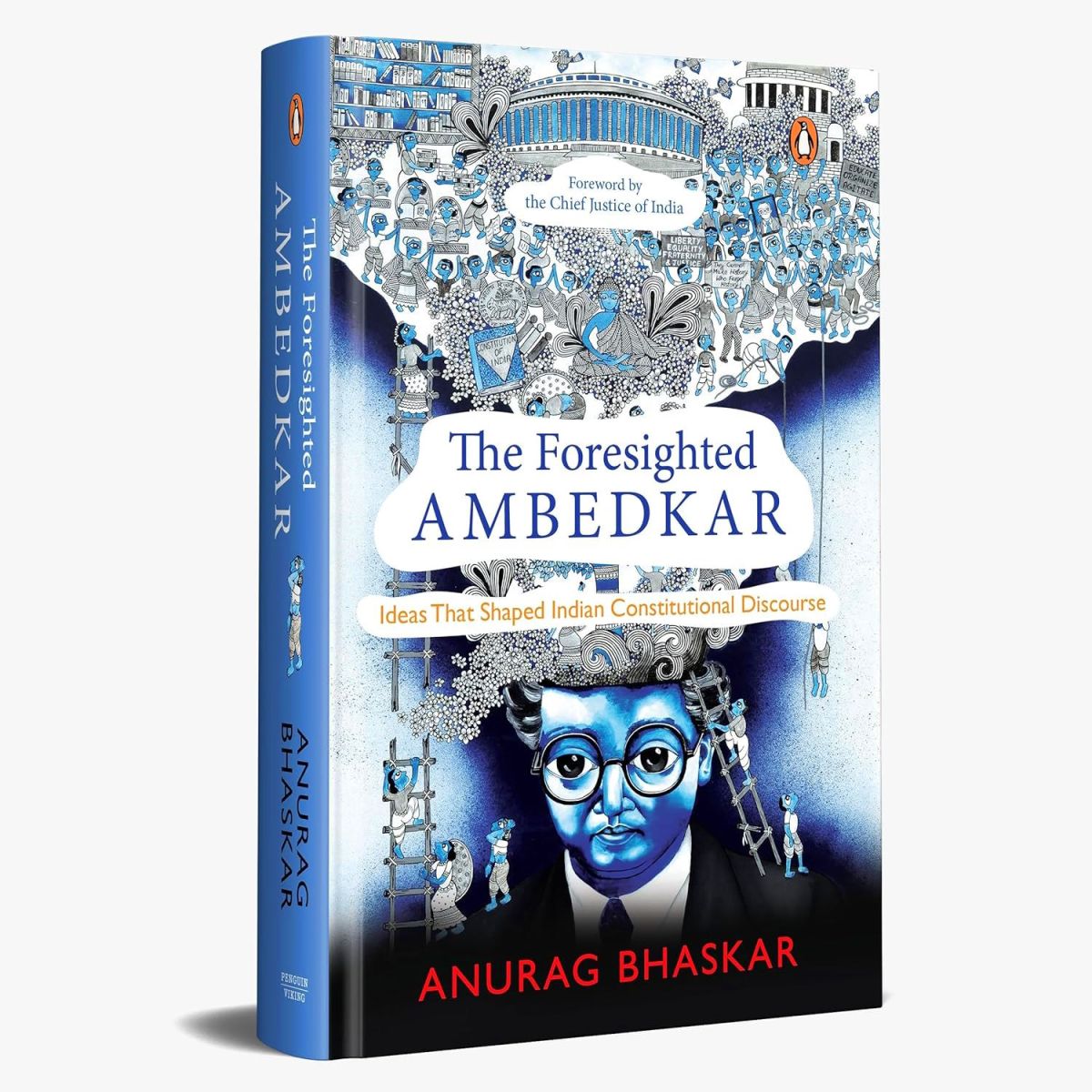Maya Nagari Bombay-Mumbai is anthology of short stories about India’s maximum city. Edited by Shanta Gokhale and Jerry Pinto, there are 21 stories in the book, from a list of authors that includes Baburao Bagul, Ismat Chughtai, Pu La Deshpande, Urmila Pawar, Mohan Rakesh, Saadat Hasan Manto, Ambai, Jayant Kaikini, Bhupen Khakhar, Cyrus Mistry, Vilas Sarang, Tejaswini Apte-Rahm, Anuradha Kumar and others. ‘Ravi Singh [co-founder of Speaking Tiger, which has published this book] had suggested a kind of compendium of writings about Mumbai. Excerpts from histories and chronicles, treatises, diaries and autobiographies, short fiction and excerpts from novels, and poetry,’ says Gokhale. ‘We dreamt for a while about such a book and realised it would be books, perhaps seven volumes and seven more to come. So, why not stick to the doable – short stories about Mumbai,’ he adds.
So, the book is a compilation of stories the editors themselves have read and loved, and represents a wide cross-section of Bambaiya society – from a municipal sweeper to a mill worker, to those who sip cocktails in five-star hotels. From middle-class Gujarati life in a Khetwadi chawl to lower-middle-class Marathi life in Girgaon, and everything else in between. ‘To understand our own lives better, we must enter other lives, and we do that best with literature. I see this collection as an invitation – read it to know something of Mumbai, but also to know something of your own city, your own self,’ says Gokhale. ‘And read it as you like – begin with the first story of the last, or any story in between,’ adds Pinto, saying that the stories haven’t been organized in any particular sequence to mirror the essentially chaotic nature of the city itself.
With the publisher’s permission, here is an excerpt from one of the stories in the book – ‘The Children of Dadar Bridge.’ Written by Krishan Chander in both Urdu and Hindi, the novella ‘Dadar Pul Ke Bachhe’ was first published in 1970. This excerpt is from the English translation, an abridged version of the Hindi edition.
A little while later, we reached Dadar bridge. Under the bridge, there was an Om temple in which sadhus were crushing bhang. On one side, mangy dogs were sleeping by the edge of the steel jungle of the railways. On the other side, there were piles of fodder. On the third, the steps to the bridge where, wrapped in tatters, beggars were seeking alms. In other words, there were beautiful scenes to behold in all four directions.
God said with a sniff, ‘Where have you brought me?’
‘To meet children?’
‘But where are they?’
I said, ‘Before we meet them, wouldn’t it be better if we became as little children for a while? You could it in a trice and you wouldn’t need foreign exchange.’
In the next second, were children, both in ragged shorts and dirty banians. I had a basket of guavas; God had a big wooden tray filled with colourful picture books for children. We hurried to the top of the bridge and placed our goods by the steel jungle.
‘Hey, what are you two up to?’ an old woman shouted. ‘Move those baskets.’
The woman was an ancient, ugly crone with a terrifying rasp for a voice. She too was selling guavas.
I said, ‘This is a government bridge. Anyone can trade here. So why not me? This is not your pop’s property.’
Right next to the hag was an eight-year-old boy with a basket of bananas. He glared at me and growled, ‘You moving that or should I?’
I took his measure before replying. He seemed my inferior in age, in height and in strength. So I challenged him: ‘I’m not moving. What’ll you do?’
He shot to his feet like a lightning bolt. In the next instant, he kicked me in the stomach and landed a fist on my jaw and I was on the ground. God tried to intervene but he got a bloody nose for his pains.
‘Pick up that basket,’ the boy ordered.
I looked to God for help but he was busy stanching the blood flowing from his nose, so I picked up the basket and we quietly walked on. A few steps later, God said, ‘I could have taken him. One shot and he’d have been seeing stars. But that’s against my principles.’
‘I’m sure,’ I said, rubbing my back gingerly.
A little further, another boy was selling fountain pens on a small stool. He was calling, ‘Real Schaeffer pens, only four rupees.’
God was astonished. ‘You can’t buy a Schaeffer pen for seventy-five rupees. How can he afford to sell real Schaeffer pens for four rupees?’
‘Maybe his dad’s a billionaire?’ I said. ‘And he wants to do some good in this world that God has made. Maybe we can sit near him?’
‘Move along, move along,’ the boy said when he saw me nearing. ‘Go find your own spot. Don’t ruin me.’
I said: ‘I’m selling guavas; he’s selling books. No competition to you.’
The boy said bitterly: ‘You must be new to Dadar Bridge or you wouldn’t say that. You don’t know the ways of customers, I can see. They change their minds like that. They stop for a fountain pen and buy a guava instead. Get away with you. Go on, beat it…’
God said angrily: ‘You thought I couldn’t take him because he was bigger? I could have finished him but that would have been against my principles.’
‘Indeed, indeed,’ I said.
Now we were at the end of the bridge. No one would let us sit next to them. At the end there was a boy. No, not a boy, a young man of about twenty or twenty-two, who had an old umbrella to which he had attached a series of brightly coloured handkerchiefs. When he twirled the umbrella, a rainbow unfurled before our eyes.
‘Can we set up shop here?’ I asked the youth.
‘Why not?’ the youth said. ‘Take out four annas each.’
God took out an eight anna coin and handed it over promptly. We sat down next to him and began hawking our wares.
Maya Nagari Bombay-Mumbai: A City in Stories
Editors: Shanta Gokhale, Jerry Pinto
Publisher: Speaking Tiger
Format: Hardcover
Number of pages: 400
Price: Rs 635
Available on Amazon
Maya Nagari Bombay-Mumbai – A City in Stories: An Excerpt
